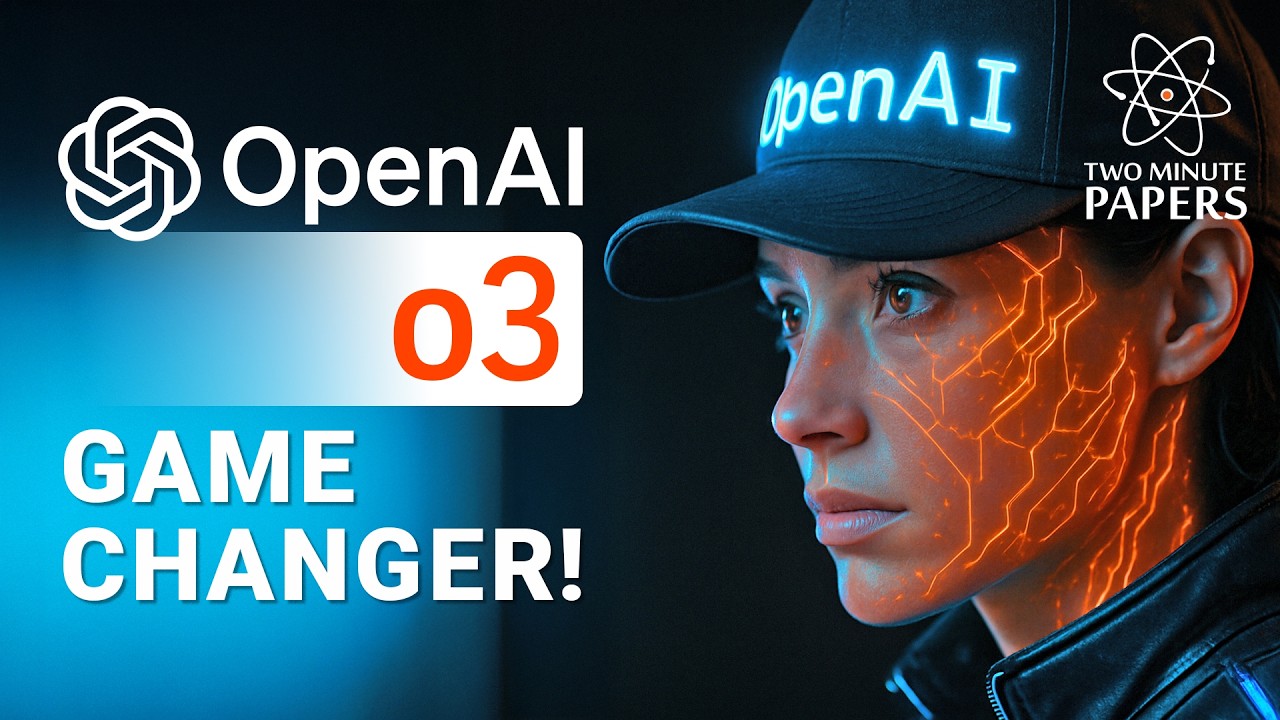OpenAI’s new AI model, o3, showcases significant advancements in cognitive abilities, particularly in image processing and personalized learning, allowing it to analyze images, recall past interactions, and tailor responses to user interests. The video also highlights o3’s improved performance on challenging tests and introduces Codex, a coding agent that democratizes technology by enabling users to create applications with simple prompts.
In a recent breakthrough, OpenAI unveiled its new AI model, o3, which demonstrates remarkable advancements in its cognitive abilities, particularly in image processing. Unlike previous AI systems that struggled with tasks requiring visual comprehension, o3 can analyze images, identify objects, and even interpret complex visual information. This leap in capability is highlighted by its ability to answer questions about images, read small text on signs, and provide detailed information about locations and subjects depicted in pictures. The model’s performance has reportedly reached a genius-level IQ, a significant improvement from just a year ago when AI systems were below human average.
One of the standout features of o3 is its enhanced memory and personalized learning capabilities. The AI can recall past interactions and tailor its responses based on individual user preferences and knowledge. For instance, if a user expresses interest in scuba diving, o3 can provide in-depth information about related topics, such as coral larvae and their behaviors. This personalized approach not only makes the learning experience more engaging but also demonstrates the AI’s ability to adapt and teach users based on their unique interests.
The video also discusses o3’s performance on challenging tests, such as “Humanity’s Last Exam,” which previously stumped AI systems. The model has shown significant improvement, achieving a score of 25%, a threefold increase from earlier attempts. This progress raises questions about the potential of AI to conduct research and contribute to scientific inquiries, suggesting that o3 may be capable of pushing the boundaries of human knowledge and innovation in various fields, including drug design and clean energy.
Additionally, OpenAI introduced Codex, a coding agent designed to assist not only programmers but also the general public. Codex can generate real-time applications based on simple prompts, showcasing its versatility and accessibility. This feature exemplifies how AI can democratize technology, allowing users to create complex applications without extensive coding knowledge. The potential applications of such technology are vast, making it an exciting development for both tech enthusiasts and everyday users.
The video concludes with practical tips for users to enhance their interactions with ChatGPT, such as requesting peer-reviewed sources for answers and assessing the credibility of information. This approach encourages a more scholarly engagement with AI, promoting critical thinking and informed decision-making. The creator emphasizes the importance of quality content over speed in video production, aiming to provide viewers with well-researched and thoughtful insights into the evolving landscape of AI technology.
